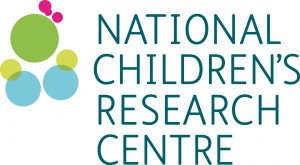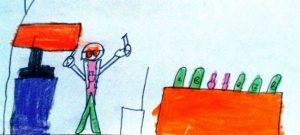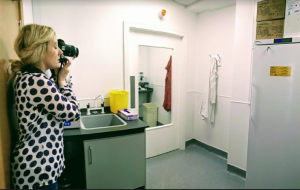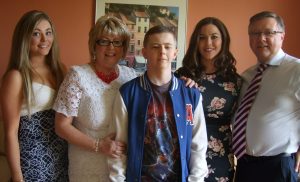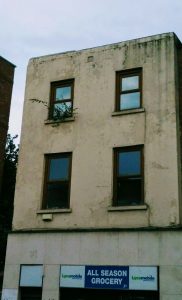The fact of being shortlisted is very encouraging. It means that my research proposal and the career achievements fit the merit of this award. No doubt it was fantastic experience overall, not often the shortlisted candidates have an opportunity to speak for themselves.
How is it feeling after the interview?… Well, I do not have a firm answer… It is a big difference when you explain yourself in written and spoken forms… No chance to edit your real-time talk… How many times have that 30 minutes played back and re-run in my head? I lost the count… Did I bring the point across? Did I do things in right time and at a right pace? Should I have structured the answer differently? Each re-run brings new ways to answer the same questions, indeed, in a better and more concise way… Having the mind that is constantly analysing the situation is not helpful.
Think, the competition was very tough, and only 1 in 10 made to the 2 days interview for the Fulbright Award (maybe the ratio even higher). Twelve candidates were interviewed yesterday and the same numbers are to be today. What are the chances to get to the final? I have to wait until March… and meanwhile, keep applying for grants and doing something meaningful.
My next stop is at the Irish Cancer Society this Thursday to film a short video about my research and neuroblastoma challenges. The video should be available for the International Childhood Cancer Research Day on February 15th.
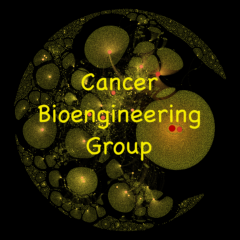

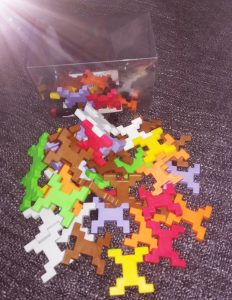
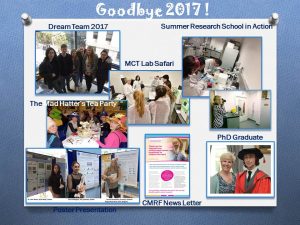
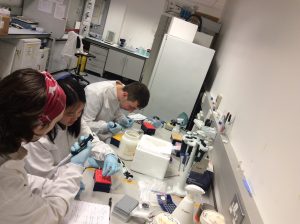 “
“